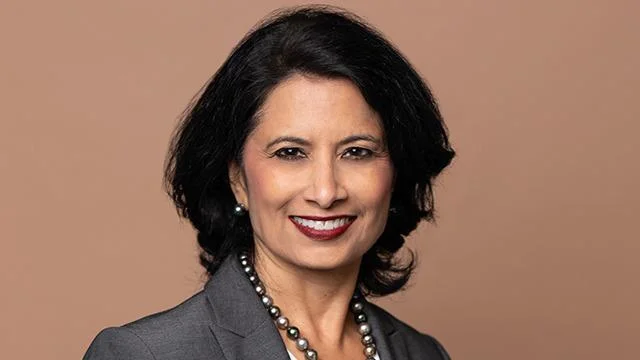The University of Houston Center for Sight Enhancement has partnered with Sight Savers America to deliver high-tech vision aids to 30 local children who are visually impaired. These devices were provided at no cost to families who met financial criteria and whose children have severe visual impairment that cannot be corrected by eyeglasses, contact lenses, or medical or surgical treatment.
Dr. Andrew Archila, clinical professor and associate dean for clinical operations at the University of Houston, highlighted the collaborative nature of the event. “Through partnerships with organizations like Sight Savers America, our entire team – clinicians, students and staff, and the College of Optometry leadership – works together to connect patients with resources and support.” He added, “This event brought the UH College of Optometry’s mission to life, uniting faculty, students and staff to support patients. Rallying around this young population of patients with reduced vision and connecting them to programs like Sight Savers America helped their chances of academic success and to just be kids. The devices not only enhance their vision but make their quality of life better.”
The technology distributed includes devices that magnify objects up to 118 times and enhance contrast, allowing children greater access to reading, writing, homework, crafts, and seeing faces more clearly. Other equipment converts printed text into speech for improved accessibility.
Dr. Swati Modi, clinical associate professor in the UH College of Optometry and clinic director at the Center for Sight Enhancement, noted the significance for school-aged children. “Our collaboration with Sight Savers America has a tremendous impact on our visually impaired and blind school-aged patients,” she said. “So many children with severe visual impairments do not attend college or find employment after high school and these devices provide an opportunity for them to succeed.”
Because these assistive devices range in price from $1,100 to $3,800 and are not covered by insurance plans, many families could not afford them without help from outside funding sources. Support came from several foundations including William Stamps Farish Foundation, John S. Dunn Foundation, Albert and Ethel Herzstein Charitable Foundation, Houston Delta Gamma Foundation, Communities Foundation of Texas, and Vispero.
Dr. Modi emphasized community awareness about childhood vision loss: “Awareness about the prevalence of vision loss or blindness in young school-aged patients (and even adults) is so important for our community,” she said. “Few programs exist that can offer assistance for obtaining assistive technology and other optical aids and these high-tech devices, that can be quite costly, are not typically covered by insurance. Funding for these programs, like Sight Savers America, is critical to helping these kids be academically successful and independent.”
The UH Health-Eye Care Centers operate as part of the University of Houston College of Optometry—a center recognized internationally for its research activity as well as patient care.
Sight Savers America is a nonprofit organization expanding nationally that provides eye care services along with low-vision equipment and training for those in need across Texas.
“Through partnerships with organizations like Sight Savers America, our entire team – clinicians, students and staff, and the College of Optometry leadership – works together to connect patients with resources and support,” Archila reiterated. “And the students gain valuable experience by observing and participating in device training and learning about each patient’s unique vision needs.”

